Study these famous Irish poets to appreciate their contribution to the world of poetry.
Irish writers have made many beautiful contributions to the world of literature written in English. In addition, many famous Irish poets have written verses that people continue to study today, as you’ll often find in the best poetry books. From the early to modern poets, these are some of the Irish poets you will want to study as you seek to appreciate Irish literature.
Contents
1. Joseph Mary Plunkett

Joseph Mary Plunkett was an Irish poet and journalist who was part of the Irish Republican Brotherhood. His short life ended in tragedy when he participated in the Easter Rising, where he was arrested and executed at 28.
Even though he lived a short life, Plunkett wrote a number of poems. I See his Blood upon the Rose is one of his most famous. This religious poem attempts to show the love of God through the person of Jesus Christ.
“I see his blood upon the rose
And in the stars the glory of his eyes,
His body gleams amid eternal snows,
His tears fall from the skies.”
2. William Butler Yeats

W. B. Yeats was an important figure in 20th-century literature and is considered one of that century’s greatest poets. He was born in Ireland and received his education in Dublin and London. Yeats began writing at 17 with a strong focus on poetry, and his work received so much praise that he won the Nobel Prize in Literature in 1923.
Yeats took much of his inspiration from the work of Percy Bysshe Shelley. Yeats often featured the Irish people in his work and wrote about political themes often. The Lake Isle of Innisfree is a good example of his work.
“I will arise and go now, and go to Innisfree,
And a small cabin build there, of clay and wattles made;
Nine bean-rows will I have there, a hive for the honey-bee,
And live alone in the bee-loud glade.”
3. George William Russell
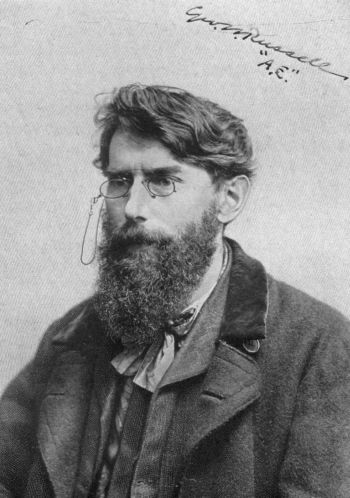
George William Russell was a late 19th-century and early 20th-century Irish poet who wrote under the penname Æ. He was born in Ireland in 1867 and eventually moved to America, where he gained popularity as an author. He died in 1935 and was buried in Ireland. Russell was very religious, and many of his personal beliefs showed up in his writing. Freedom, a short poem, showed some of his philosophical ideas.
“I will not follow you, my bird,
I will not follow you.
I would not breathe a word, my bird,
To bring thee here anew.”
4. Katharine Tynan

Born in Ireland in 1859, Katharine Tynan became a prolific writer. Tynan started writing as a young girl and held her passion for the craft throughout her life. She was part of the Irish Literary Revival and had over 100 novels and 12 books of poetry in her collection of works when she died in 1931.
Tynan’s work often spoke of the horrors of World War I, which two of her sons fought in, and she frequently wrote about her Catholic faith. One of her poems, Joining the Colours, discusses the pomp of soldiers going off to war, only to end up in the grave.
“There they go marching all in step so gay!
Smooth-cheeked and golden, food for shells and guns.
Blithely they go as to a wedding day,
The mothers’ sons.”
5. Thomas Moore

Thomas Moore was born in Dublin in 1779. He was the oldest child of his family and faced the persecution familiar to Irish Catholics of his day. To get a better education for their son, his parents sent him to England for schooling. In 1793, he published his first poem, setting the stage for his career. He traveled much throughout his adult life and died in 1852.
One of his famous works is Irish Melodies, a collection of songs that took popular Irish tunes and placed English words to them, which helped transition Irish literature to the English tongue instead of the old Irish. The Time I’ve Lost in Wooing is a fun poem from his collection that discusses the lessons learned while trying to woo a lady love.
“The time I’ve lost in wooing,
In watching and pursuing
The light, that lies
In woman’s eyes,
Has been my heart’s undoing.”
6. Samuel Beckett

Samuel Beckett was a prolific author who was born in 1906 in Dublin. Winner of the Nobel Prize in Literature in 1969, he is most famous for his novels and plays. However, he also wrote many poems. He died in 1989 in Paris, where he lived most of his adult life.
One of Beckett’s most famous poems is What is the Word, which he wrote on his deathbed in the hospital in the 1980s. In the poem, he discusses the inability to find words to express what one means.
“folly –
folly for to –
for to –
what is the word –
folly from this –
all this –
folly from all this –
given –
folly given all this –
seeing –
folly seeing all this –
this –
what is the word –
this this –
this this here –
all this this here –
folly given all this –”
7. John Montague

Born in 1929 and living until 2016, John Montague was the child of Irish Catholic immigrants who came to the United States in the early 1900s. He received his education in California and eventually moved to Paris, but he wrote for the Irish Times newspaper. In later life, Montague resided in Cork, Ireland.
As one of Ireland’s great writers, Montague’s Irish poetry bridged the gap between Irish and English cultures. He has several poetry anthologies and collections of short stories to his name. His poem Blessing is an excellent example of his work.
“A feel of warmth in this place.
In winter air, a scent of harvest.
No form of prayer is needed,
When by sudden grace attended.”
8. Jonathan Swift
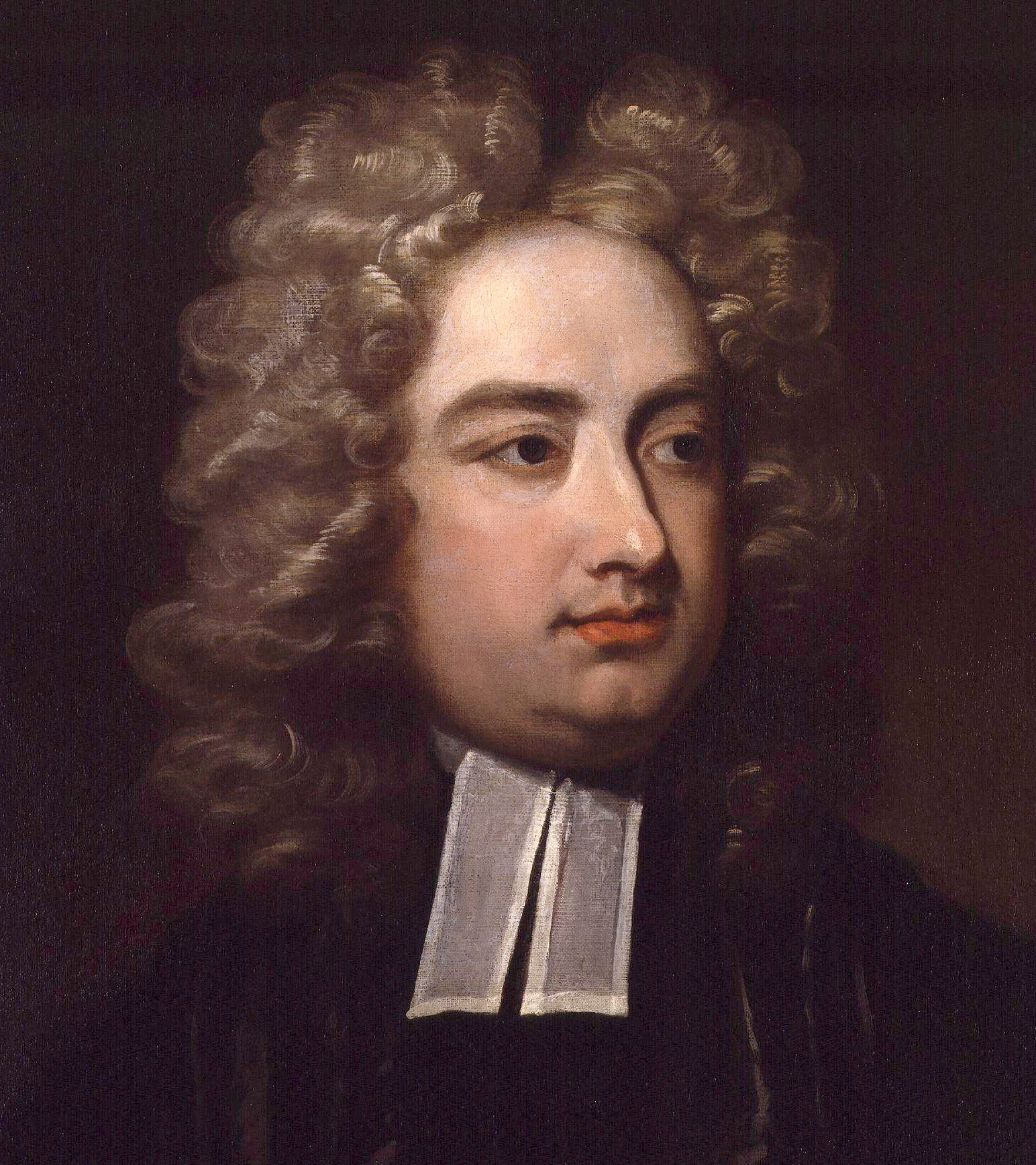
Jonathan Swift was an Anglo-Irish cleric who also wrote essays and poets. He was born in 1667 and died in 1745, living in Dublin most of his life. He is most famous as the author of Gulliver’s Travels. He had a deadpan, satirical writing style.
Swift was a prolific author, but his first published work was a poem called Ode to the Athenian Society. He often used irony and satire in his poetry, which is seen in The Lady’s Dressing Room, which poked fun at what people thought to be a distinguished lady, who kept terrible personal hygiene habits behind closed doors.
“Five hours, (and who can do it less in?)
By haughty Celia spent in dressing;
The goddess from her chamber issues,
Arrayed in lace, brocades and tissues.
Strephon, who found the room was void,”
9. Paul Muldoon
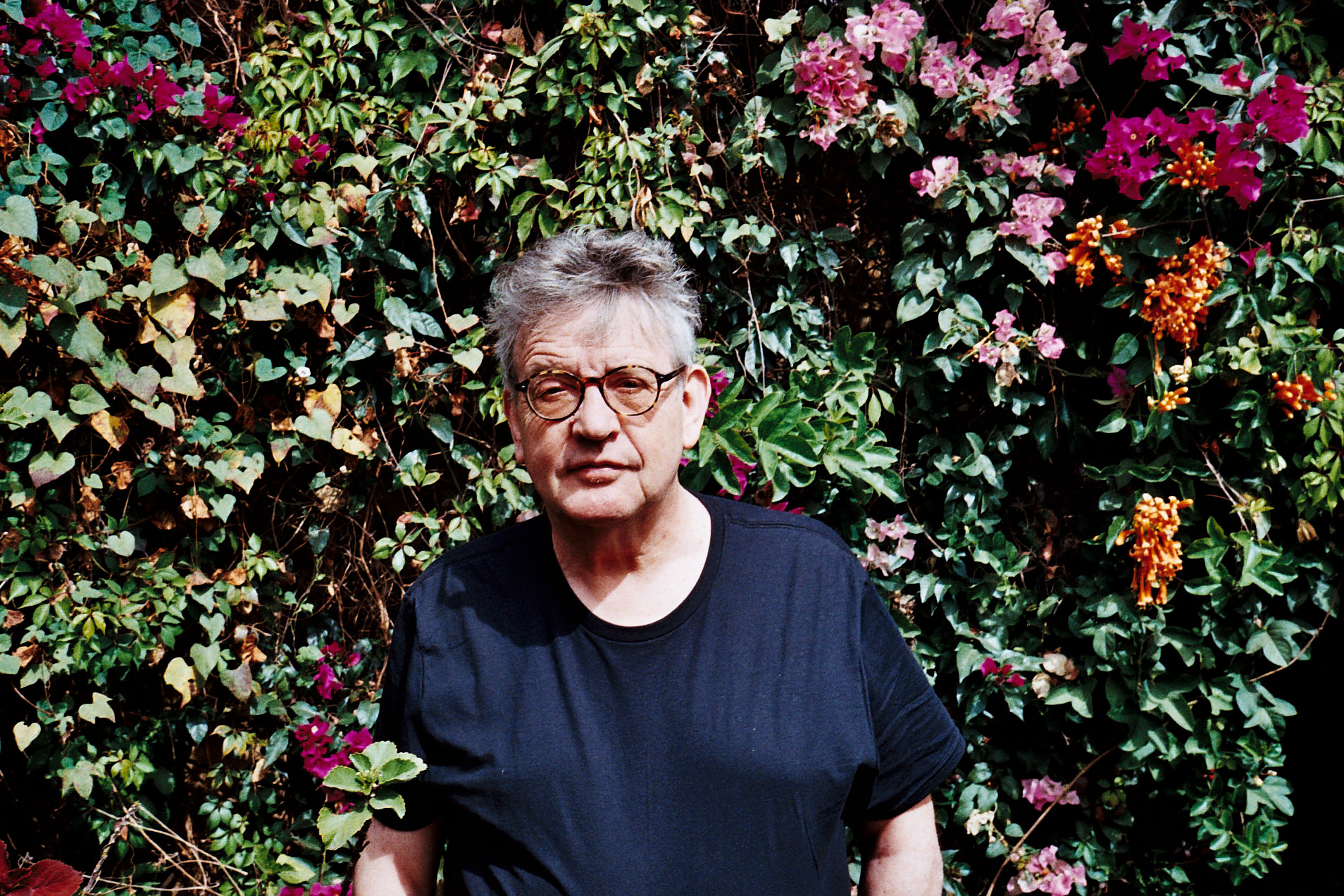
Not all famous Irish poets are from past generations. Paul Muldoon was born in Portadown in 1951. This Pulitzer-prize-winning poet serves as a Princeton University professor, and critics consider him one of most significant English-language poets born since the Second World War. He has penned 14 full-length poetry collections to his name.
Muldoon’s poems can be difficult for average readers because of his obscure, outdated words, but literary experts appreciate his use of the English language. Promises, Promises is an easier one to understand and one of his famous pieces. If you are interested in reading more poetry, read our round-up of Mary Oliver poems.
“I am stretched out under the lean-to
Of an old tobacco-shed
On a farm in North Carolina.
A cardinal sings from the dogwood
For the love of marijuana.
His song goes over my head.
There is such splendour in the grass
I might be the picture of happiness.”
10. Oscar Wilde

Oscar Wilde is one of the most well-known Irish writers. He was born in 1854 in Dublin and died at age 46 in Paris in 1900. Even though he lived just a short time, he was well-educated and a prolific author. He was one of the most successful playwrights of his era, and The Importance of Being Earnest was one of his most famous works.
Wilde’s poems and stories showed the human condition in the Victorian Era. He spent many of his last years in prison for public indecency, and he wrote his last poem, The Ballad of Reading Gaol because of that experience.
“He did not wear his scarlet coat,
For blood and wine are red,
And blood and wine were on his hands
When they found him with the dead,
The poor dead woman whom he loved,
And murdered in her bed.”
11. James Joyce
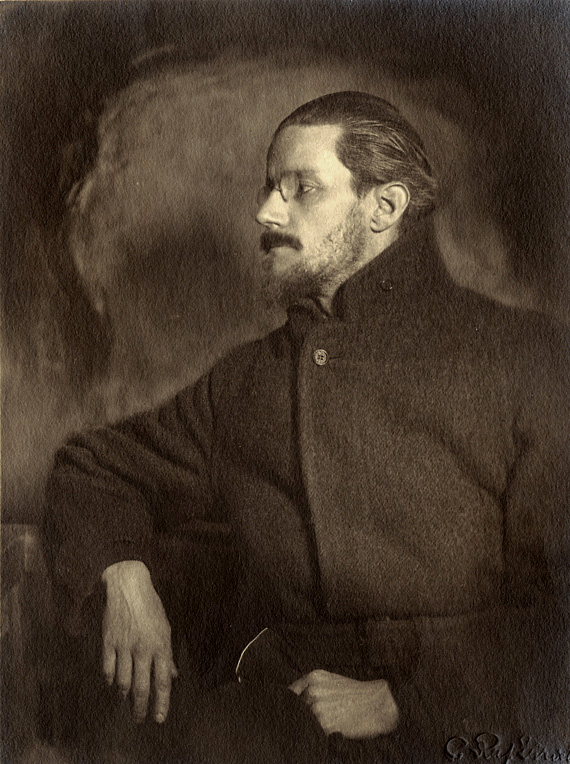
James Joyce was born in 1882 and lived until 1941. His most influential work was his novel Ulysses, but he also wrote many poems and short stories. He was born in Dublin and lived in London and Zurich and different times in his life. Joyce wrote several poems, many of which fall into the love poems genre. Love Came to Us is an excellent example of his work. Check out our list of authors like Sally Rooney.
“Love came to us in time gone by
When one at twilight shyly played
And one in fear was standing nigh — –
For Love at first is all afraid.”
12. Patrick Kavanagh
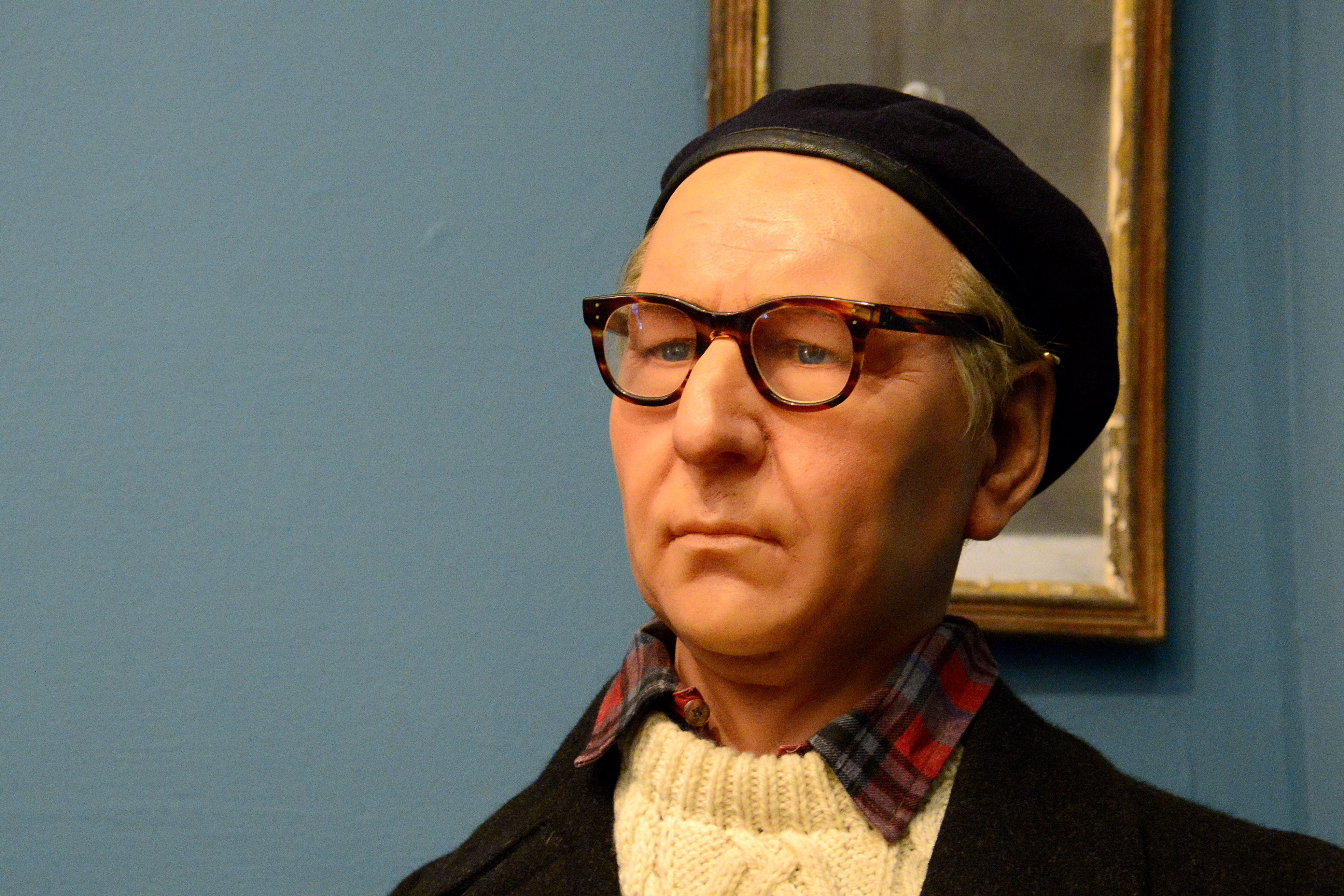
Patrick Kavanagh was an Irish poet and novelist who lived from 1904 to 1967. Tarry Flynn is his most celebrated novel, but he also wrote many poems. Some call him the best Irish poet since Yeats.
“On Raglan Road” is one of his most famous poetry pieces. It was first published in 1946 and has since been made into a song by famous artists like Luke Kelly, Van Morrison, and Ed Sheeran. If you are interested in learning more about poetry, read our round-up of famous poems!
“On Raglan Road on an autumn day I met her first and knew
That her dark hair would weave a snare that I might one day rue;
I saw the danger, yet I walked along the enchanted way,
And I said, let grief be a fallen leaf at the dawning of the day.”
13. Seamus Heaney
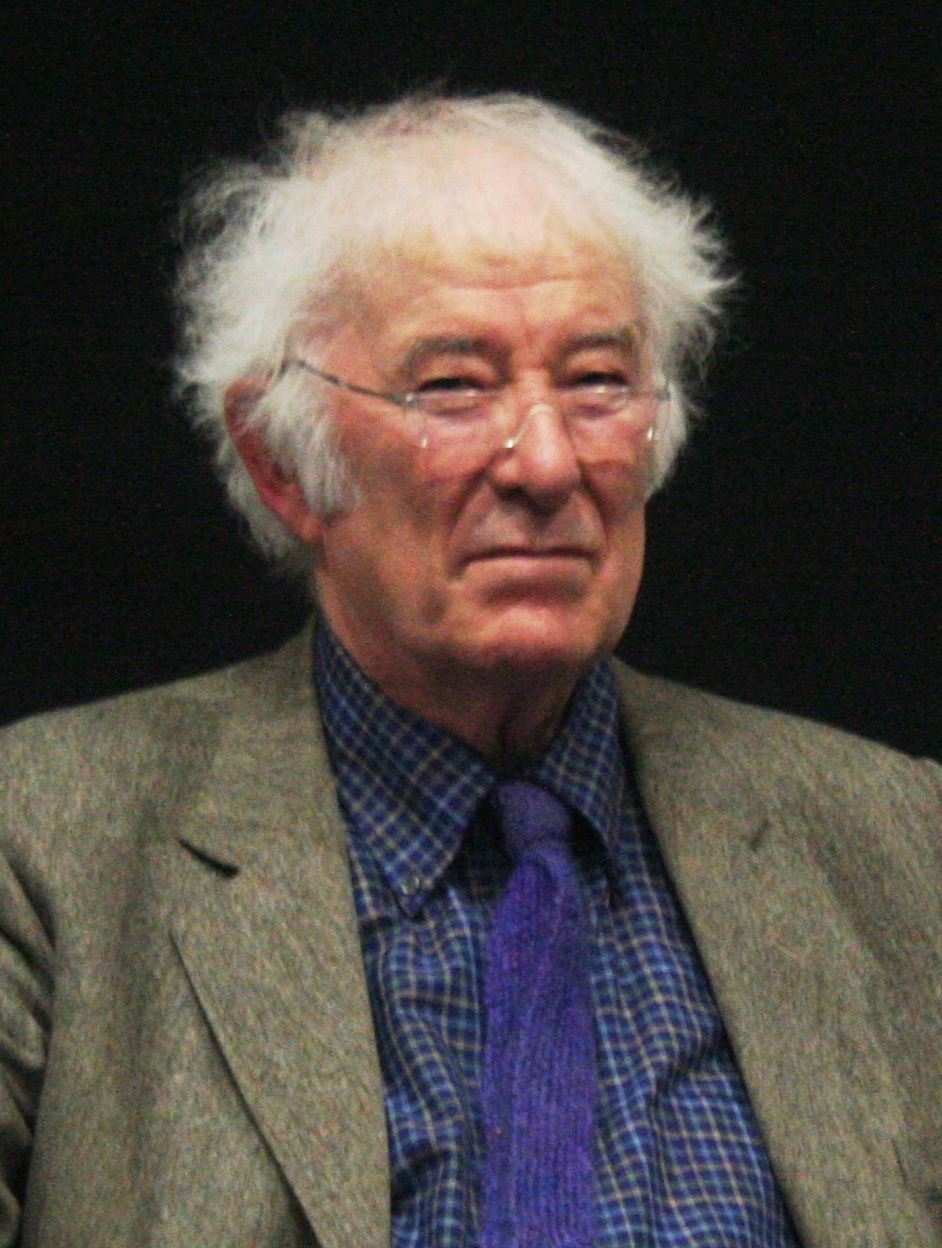
Seamus Heaney was an Irish poet, playwright, and translator. He was born in County Derry, Northern Ireland, and grew up on a rural farm.
Heaney wrote poetry about Irish history, culture, and mythology. He also explored themes like violence, politics, and nature. Later in life, he lectured at Belfast and Harvard universities. Some of his works address the conflict in Northern Ireland and the struggles of rural life. His most famous works include the collections Death of a Naturalist, Field Work and Human Chain. Interested in learning more about poetry? Check out our round-up of the best ekphrastic poems!
“The cold smell of potato mould, the squelch and slap
Of soggy peat, the curt cuts of an edge
Through living roots awaken in my head.
But I’ve no spade to follow men like them.”Between my finger and my thumb
The squat pen rests.
I’ll dig with it.